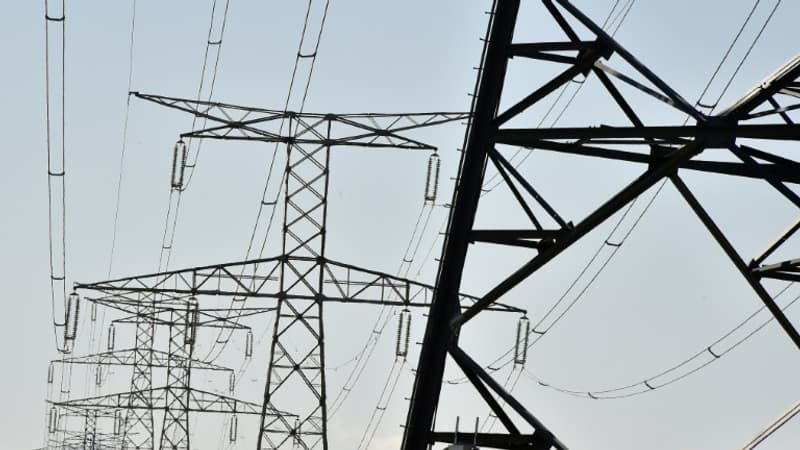The environment is under high tension in RTE. Four employees of the Electric Transmission Network appear this Tuesday, February 28, before the Criminal Court of Paris. They are accused of “obstruction, sabotage and fraudulent introduction of data” in the computer system of the electrical network. In June 2022 they had participated in several days of strike in the north of France to demand wage increases. Subsequently, they carried out computer interventions consisting of cutting the communication between the local electrical substations and the RTE headquarters. Thus, the piloting from Paris, of these 14 posts in the region had been interrupted for a few hours.
At the end of July, RTE filed a complaint in Lille and, at the same time, one of its managers contacted the General Directorate of Internal Security (DGSI), according to BFM Business. The anti-terror police then subjected the four RTE employees to wiretapping for two months before arresting them in early October. Placed in police custody for three days, the courts accuse them of cyberattacks.
During this trial, the judges must decide on the seriousness of the facts while the employees face up to 15 years in prison. RTE believes that they have compromised the network. “This loss of maneuver (ability to control the network remotely, editor’s note) has the consequence of significantly degrading our ability to guarantee security of supply,” estimated the president of RTE at the time, Xavier Piechaczyck in a letter addressed to his managers , on November 2. , and which acquired BFM Business.
Philippe Martinez challenges Elisabeth Borne
But the reality is more complex. The RTE unions, led by the powerful CGT, accuse the leadership of wanting to “break a social movement.” The case went up very high. CGT Secretary General Philippe Martínez believes that RTE has “launched a judicial machination to crush the strikers” in a letter to Elisabeth Borne dated December 7, 2022.
The works council commissioned an external expert to denounce the facts. The Progexa report explains that these remote control losses, known as “telecontrols”, have never been classified as a dangerous act internally.
These gestures in the event of a strike were frequent, according to the unions. “Never before have these token actions triggered such a radical response from management, Progexa believes. Management has therefore moved from tolerance to repression.”
During the trial that begins today, lawyers for the four employees will dissect the facts. “These acts are in no way terrorism or even computer fraud!, abounds Jérôme Borzakian, one of the lawyers. This is an intervention on the mere visibility of the network that has never endangered the supply”. It will also be a matter of form. RTE filed a complaint in Lille, directly contacted the DGSI, which was later seized by the Paris Prosecutor’s Office without going through the State services. “No procedure was followed,” slices the lawyer.
RTE “got scared”
At the time of the events, the social context in RTE was explosive as strikes over wage demands multiplied. Fears of power shortages in winter were increasing by the day. And the risks of Russian cyberattacks loomed. The electrical network is classified as a “vital operator” by the State.
A former director of the company explains to us that RTE “got scared”. “In general, these interventions were made directly at the checkpoints. This remote takeover is new, explains this ex-manager. This reveals a flaw and potential risks of cyberattacks if an employee has bad intentions.”
For its part, RTE categorically denies it. “There is no flaw in the security of our system, a spokesman assures. It was a voluntary deviation, by company employees, authorized and trained in these practices, with the aim of harming several essential functions of the network.” In addition to judging the employees, the Court will have to rule as a last resort on the conduct of RTE’s management, which has filed a civil action.
Source: BFM TV


